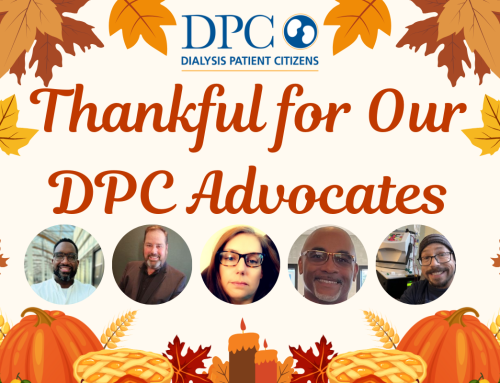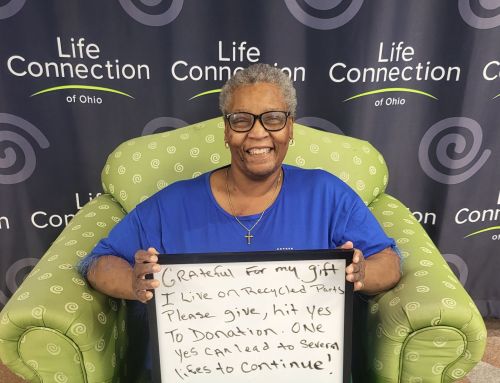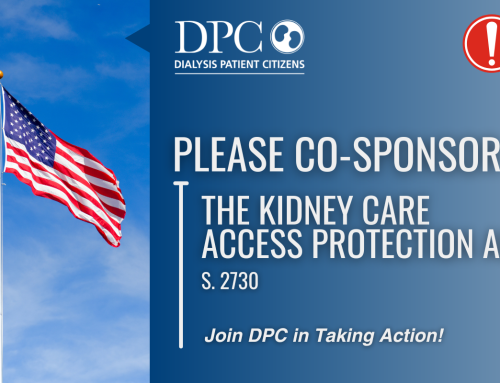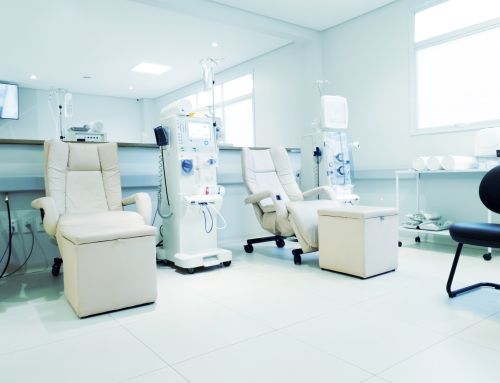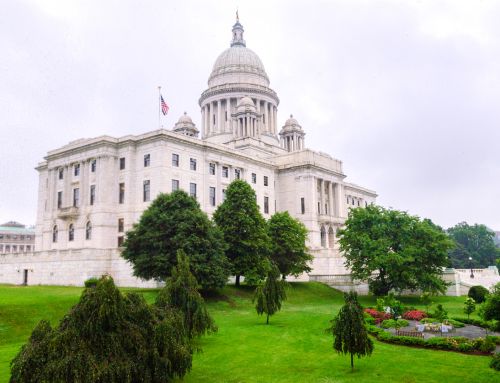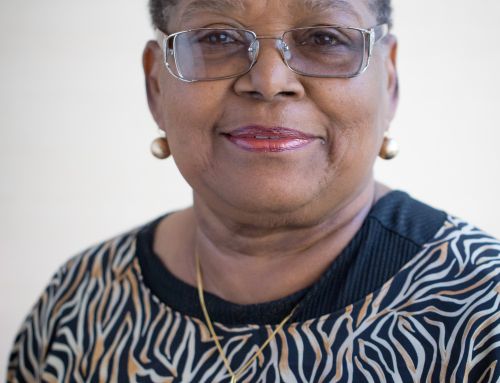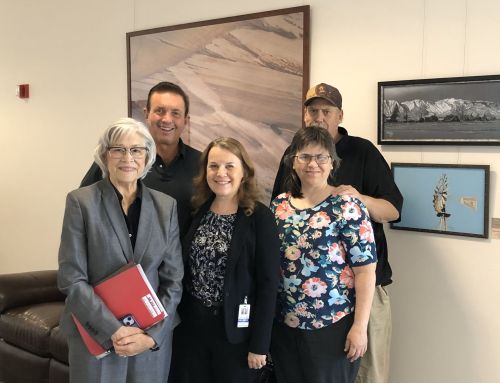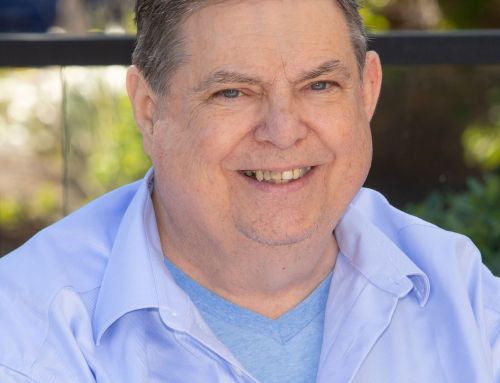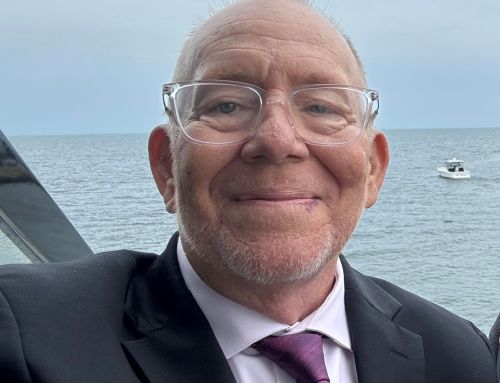May 21, 2025
Thomas J. Engels, Administrator
Health Resources and Services Administration
5600 Fishers Lane
Rockville, MD 20857
Re: Out-of-Sequence Organ Allocations
Dear Administrator Engels:
Dialysis Patient Citizens (DPC) writes to express our concerns about the growth in out-of-sequence organ transplants reported in a recent New York Times article.
DPC’s membership, currently about 35,000, is restricted to kidney disease patients and their family members. DPC is a patient-led organization. Our by-laws require that the President, Vice President and at least 51% of the Board be current dialysis patients. The non-dialysis patients serving on our Board are former dialysis patients with kidney transplants. Our volunteer board members have represented their peers on CMS technical expert panels and/or advisory committees of other health care organizations such as the National Quality Forum and Patient-Centered Outcomes Research Institute. DPC also conducts periodic Membership Surveys to ascertain patients’ experiences with their care and views on health policy issues. DPC is committed to promoting access to high-quality dialysis care for individuals with ESRD; to prevention of, delayed onset of, and safe transition to ESRD among individuals with chronic kidney disease; and access to kidney transplantation as well as to other alternatives to dialysis that may emerge.
Our volunteer board members were dismayed by the Times reporting. These are patients who played by the rules in navigating the transplant process. Many are people of color who beat the odds to obtain transplants and are wondering if they waited longer while privileged patients skipped ahead of them.
We are also frankly appalled that this information was revealed by journalists and not by academic researchers in the transplant field or by regulators. Of further concern is that the reporter, after hearing of the phenomenon from scholars at a conference, was unable to get those same panelists to expand upon the facts they presented to attendees. There should be no “code of silence” among participants in a field that has long been regulated by the Government, and in which providers are largely paid through federal programs, and which relies upon the general public’s beneficence and faith in donating organs; and officials must ask themselves how such an unsavory state of affairs came to be.
The proliferation of “open offers” occurs in a space that is already rife with alarmingly wide discretion given to transplant centers and surgeons, and far too many pitfalls for disadvantaged patients. This practice exacerbates inequities within the transplant system.
The National Organ Transplant Act attempted to establish an egalitarian organ donation regime. Fairness and regularity in its implementation assure the public that they can sign donor cards with confidence. Unfortunately, the only way average citizens can protest irregularities is by withholding their consent on their next visit to the DMV.
While we don’t want strict compliance with the law to result in wastage of kidneys, departures from the waitlist should be rare and limited to actual emergencies. We oppose any “anticipatory” departures by OPOs as this permits too much variance from the sequence and the risk of improper relationships with transplant centers. This in turn invites favoritism and side payments. We ask that you probe the hiring of any consultants, using federal dollars, who may be advising providers regarding shortcuts. HRSA needs to investigate and terminate any improper relationships.
Finally, we have considerable doubt that so-called “rescue pathways”—an Orwellian euphemism of the highest degree—actually reduce discards of organs. We ask that the agency conduct and publish research on the correlation of an OPO’s noncompliance with the rate of discarded organs.
Thank you for your consideration of our views.
Respectfully submitted,
Hrant Jamgochian, J.D., LL.M.
Chief Executive Officer






